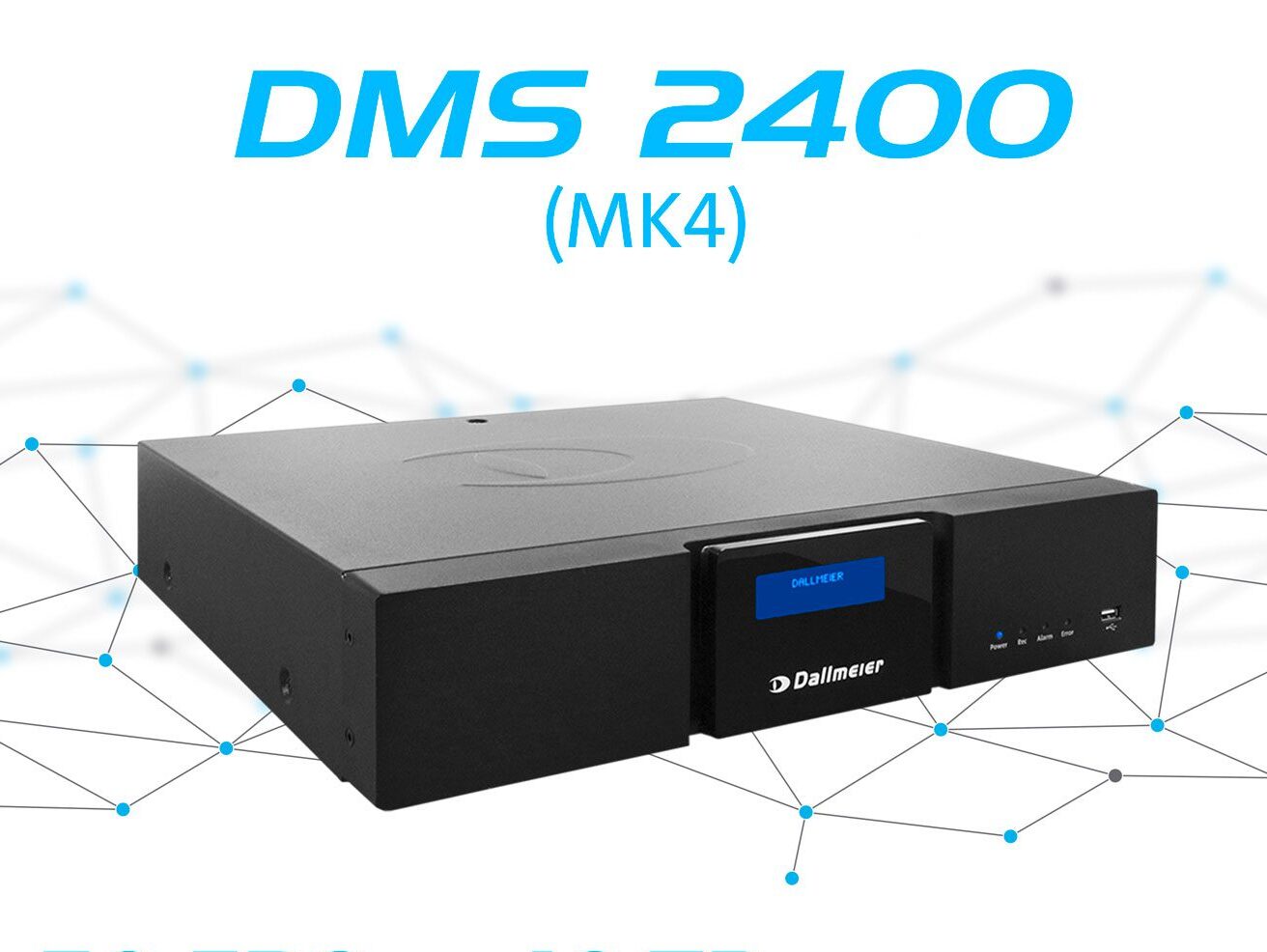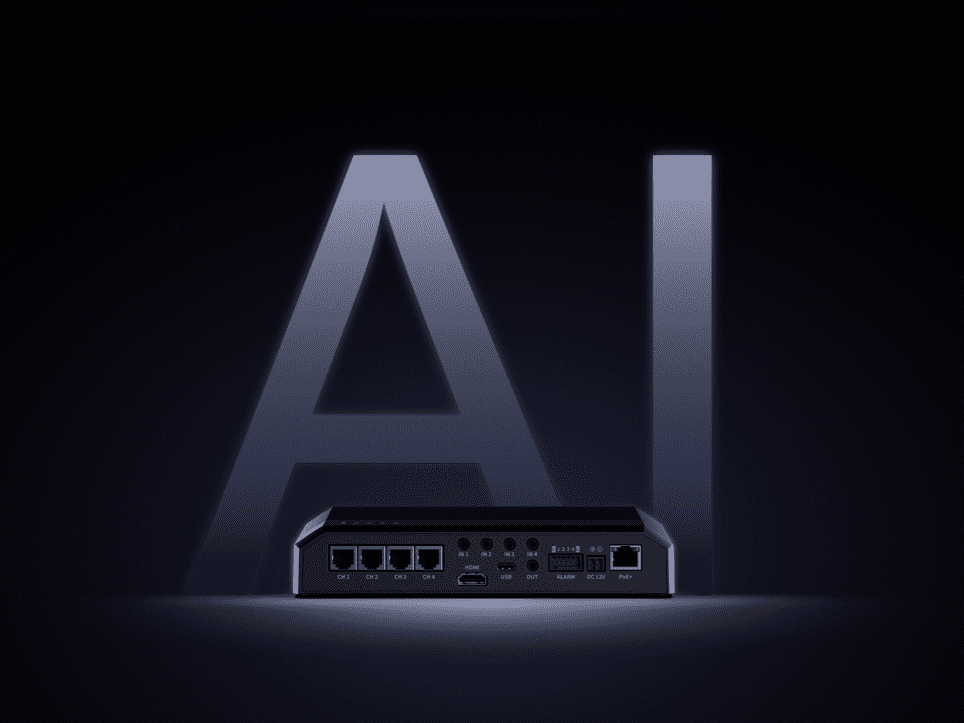Rebecca Spayne of Security Buyer examines the balance between privacy and security with the growing inclusion of AI and ethical considerations into video surveillance technology
The rapid advancement of artificial intelligence (AI) in video surveillance has revolutionised security capabilities, offering enhanced detection, analytics, and real-time insights. However, with these advancements comes an equally pressing challenge: balancing the need for security with the ethical considerations of privacy. As facial recognition and AI-powered analytics become more prevalent, concerns about misuse, bias, and data privacy have come to the forefront. This article delves into the ethical dilemmas posed by AI in surveillance and examines how leading manufacturers are addressing these issues.
The Ethical Landscape of AI in Surveillance
AI-powered surveillance has raised significant ethical questions. Facial recognition, for instance, has proven invaluable in identifying threats and streamlining access control, but it also risks being used for unauthorised tracking or profiling. The ethical challenge lies in implementing these technologies responsibly, ensuring transparency, and maintaining compliance with privacy regulations such as the General Data Protection Regulation (GDPR).
In addition to facial recognition, AI-driven analytics present a potential for biases in data interpretation. For example, demographic profiling based on AI-generated insights can perpetuate stereotypes or lead to discriminatory practices. Public concerns over surveillance misuse have grown alongside technological advancements, particularly in regions where regulatory frameworks are underdeveloped or inconsistently enforced. Addressing these issues requires not only robust technological solutions but also a transparent commitment from manufacturers to act ethically and responsibly.
Manufacturers like Bosch and Axis Communications have taken proactive steps to address these challenges. Bosch has demonstrated a commitment to ethical AI development by embedding fairness, accountability, and transparency into their AI systems. Their focus extends to ensuring that AI applications in surveillance align with societal expectations and legal frameworks. Axis Communications, a pioneer in video surveillance, has incorporated GDPR compliance into their systems by designing products that prioritise data security and privacy. These initiatives provide a roadmap for ethically deploying AI technologies.
Ethical AI Development
Bosch has positioned itself as a leader in ethical AI by actively promoting responsible technology use. Their AI development processes include rigorous testing to eliminate bias and ensure fairness. Bosch’s surveillance systems integrate features that allow users to define clear parameters for data collection and usage, ensuring compliance with local regulations.
For example, Bosch’s AI-enabled cameras can be programmed to adhere to location-specific privacy laws, limiting the scope of data collection to what is strictly necessary. These cameras also include advanced analytics tools that allow organisations to refine their surveillance protocols, reducing unnecessary data retention. By prioritising user control and transparency, Bosch addresses key privacy concerns without compromising security functionality.
Bosch’s efforts extend beyond product features to include educational initiatives. The company provides training and resources to help organisations implement AI technologies responsibly. This holistic approach highlights Bosch’s commitment to fostering trust and accountability in the rapidly evolving field of video surveillance….
Read more exclusives and news in our latest issue here.
Never miss a story… Follow us on:
Security Buyer
@SecurityBuyer
@Secbuyer
Media Contact
Rebecca Morpeth Spayne,
Editor, Security Portfolio
Tel: +44 (0) 1622 823 922
Email: [email protected]
























